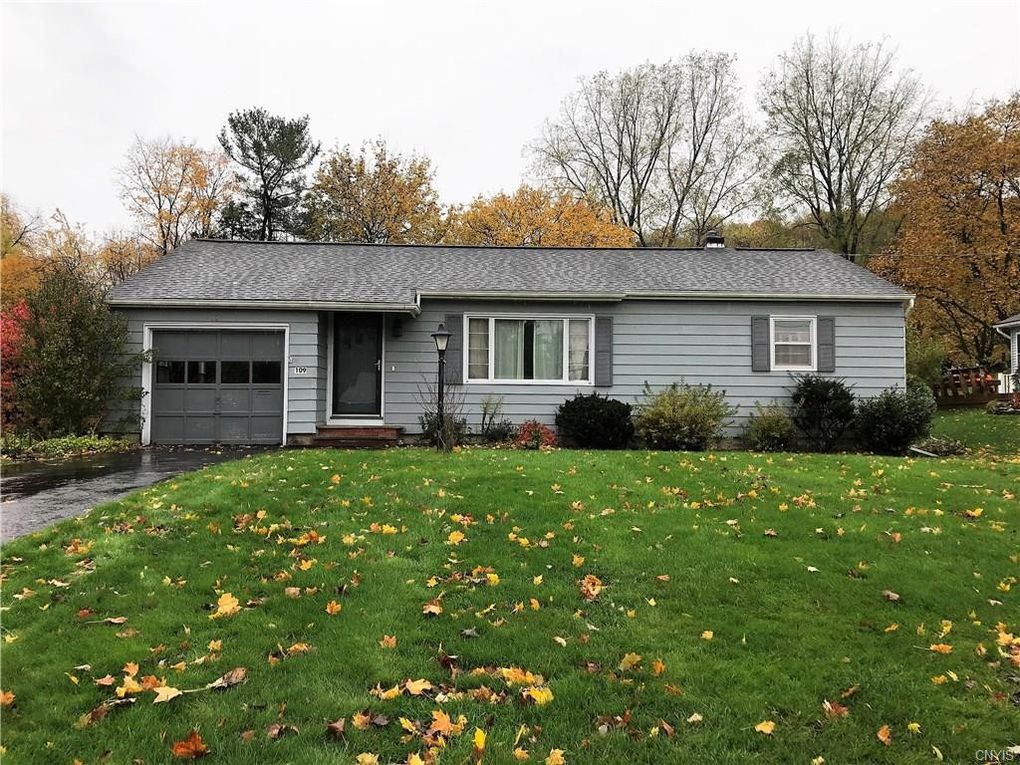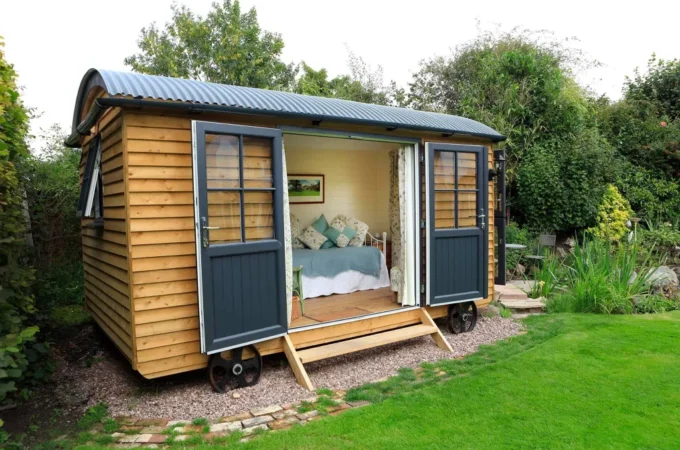
Camillus NY Real Estate Buying Tips For First-Time Home Buyers
If you are planning to buy your first home, it’s easy to get swept up into the excitement of home ownership. After all, most people see a home purchase as a sign of responsible adulthood. However, owning a home is a significant commitment. You should know exactly what you’re getting into.
Remember that extensive research will help you make an informed decision and save you from buyer’s remorse later on. Here are some great tips to keep in mind when shopping around for your first home:
Hire An Agent
It’s true that you can just skip getting a buyer’s agent and transact directly with the seller and their agent. However, a real estate agent can save you time and money. They won’t just be able to provide you with more options, they can also negotiate better rates that fit your budget.

Here are some of the top reasons for you to hire a realtor:
- They can provide you with homes that fit your parameters. They often know about new listings that are not even on the market yet.
- They can preview homes to determine whether or not it is a good fit so that you don’t have to waste your time visiting a home only to find out that it does not meet your requirements.
- An agent will tell you whether a home is overpriced.
- They can help with negotiations to ensure that your interests are protected.
Before you hire an agent, make sure that you are choosing someone trustworthy and experienced. Check out this website to find a professional realtor and informative resources that you can use during the home buying process.
Stick To A Firm Budget
Come up with a price range and stick to it. When you are touring houses, it’s easy to fall in love with a beautiful house that meets your every requirement. However, if the monthly payment is more than what you can actually afford, it’s better to move on.

Here are some vital things to keep in mind when drawing up a budget:
- The crucial factors to consider when you are figuring out how much you can afford are the following: your annual income, housing and other expenses, and payment for other debts such as credit cards, student loans, car loans, and many others.
- Your monthly payment budget should consider not just the total amount of your mortgage, but the maintenance costs of your property as well.
- If you are having a difficult time coming up with a price range, you can ask a bank officer to help you figure out how much the bank can actually lend you and at what interest rate.
- You can also use a free online mortgage calculator that determines how much you can realistically pay monthly after tendering a down payment.
Shop Around For Mortgage Options
You have a lot of down payment and mortgage options out there, so make sure that you research about them and find out their pros and cons. Below are some cost-effective tips that will help you save money in the long run:
- Putting in a higher down payment will also reduce your monthly mortgage payment. If possible, pay more than the recommended 20 percent down payment.
- It is always better to save up for a 20 percent down payment instead of rushing into things. A single-digit down payment can be tempting, but it will cost you a lot of money in the long run.
- Go with a 30-year fixed mortgage if you are looking for the smallest possible mortgage payment.
- An adjustable-rate mortgage carries a lot of risk, but a lot of homeowners choose this route because it guarantees lower interest for the first few years of payment.
Save For Closing Costs

A lot of new homeowners fail to account for the closing costs. Closing costs pay for the following steps in the home buying process: attorney’s fees, homeowner’s insurance, appraisal fees, home inspection fees, and credit report.
Along with your down payment, make sure that you also have enough saved up for the closing costs. On average, closing costs represent approximately 3 to 4 percent of the total purchase price. You can ask your lender to provide you with a specific figure so that you know how much to prepare.
Conclusion
Always be rational and systematic when buying a home. Too often, first-time buyers get too attached to a property that does not really suit their finances and requirements. Take the time to research and never hesitate to ask for professional advice and assistance when you find yourself floundering.




